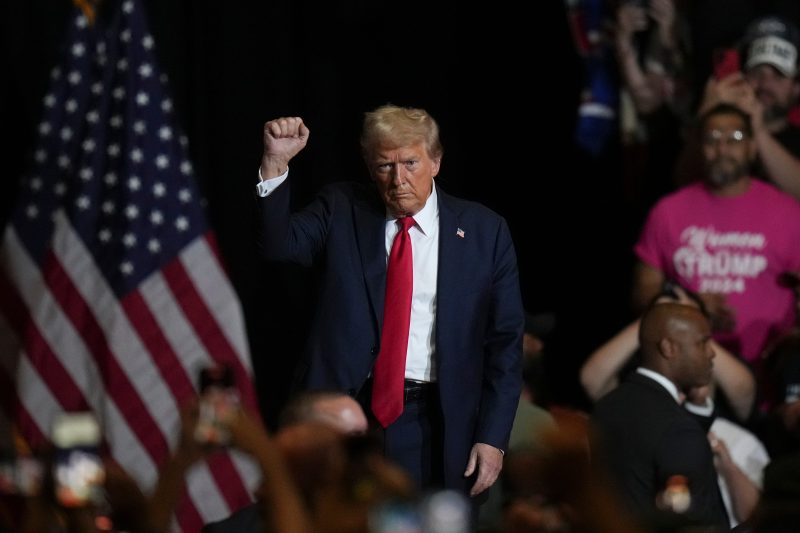
Republicans Amplify Anti-Transgender Rhetoric in Final Stretch
While the spotlight remains largely on national security, economy, healthcare, and immigration in political debates, it seems the Republican party has veered into a new subject matter-incorporating anti-transgender sentiments into their politics. In the critical closing weeks preceding the elections, it is now more apparent than ever.
A noticeable shift in political rhetoric and strategy has emerged, evidenced by the wave of Republican-led legislative actions and public talks. Prima facie, it may seem counterintuitive, as it brings the party into the fray, tangling with issues of human rights, civil liberties, and the sentiment of the younger demographics, which under normal circumstances, any party would try to avoid. However, the ideological staining upon which the party’s base is built denies the left-leaning portions of these demographics. This leaning into anti-transgender messaging is seen as galvanizing party stalwarts, particularly the religious conservatives and right-wing ideologues.
One key area this escalating anti-transgender sentiment in Republican politics is manifesting is in legislation, with some elected officials backing laws aimed at severely limiting transgender rights. The most pronounced of these are laws that prohibit transgender girls from participating in female sports leagues, a precedent that has been set in states like Florida, Mississippi, among others. The removal of transgender-related medical services from insurance has also made headlines recently, an action that directly affects the transgender community’s health and wellness.
Furthermore, we can see the amplification of anti-transgender messaging within the Republican political machinery, from leading politicians to grassroots activists. The shifting of the party’s political discourse towards this anti-transgender rhetoric is no accident but a deliberate message aimed at consolidating their conservative base further. High-profile Republicans insinuate that transgender rights and identity is a detriment to “American values,” positing the culture war narrative.
This anti-transgender push within the Republican party might seem a grim prospect for proponents of transgender rights. However, reality paints a nuanced picture. The strategy is indeed divisive, causing outrage among progressives and civil rights groups, but it also helps consolidate their right-wing base, which is crucial for electoral success.
It’s essential to note that this tactical choice exposes fissures within the party itself. Many Republicans’ emphasis on traditional values is at odds with a section of the party that sees this approach as outdated and alienating. While the anti-transgender push may energize the religious right, it might dilute support among young and urban voters.
This calculated pivot towards anti-transgender politics by the

